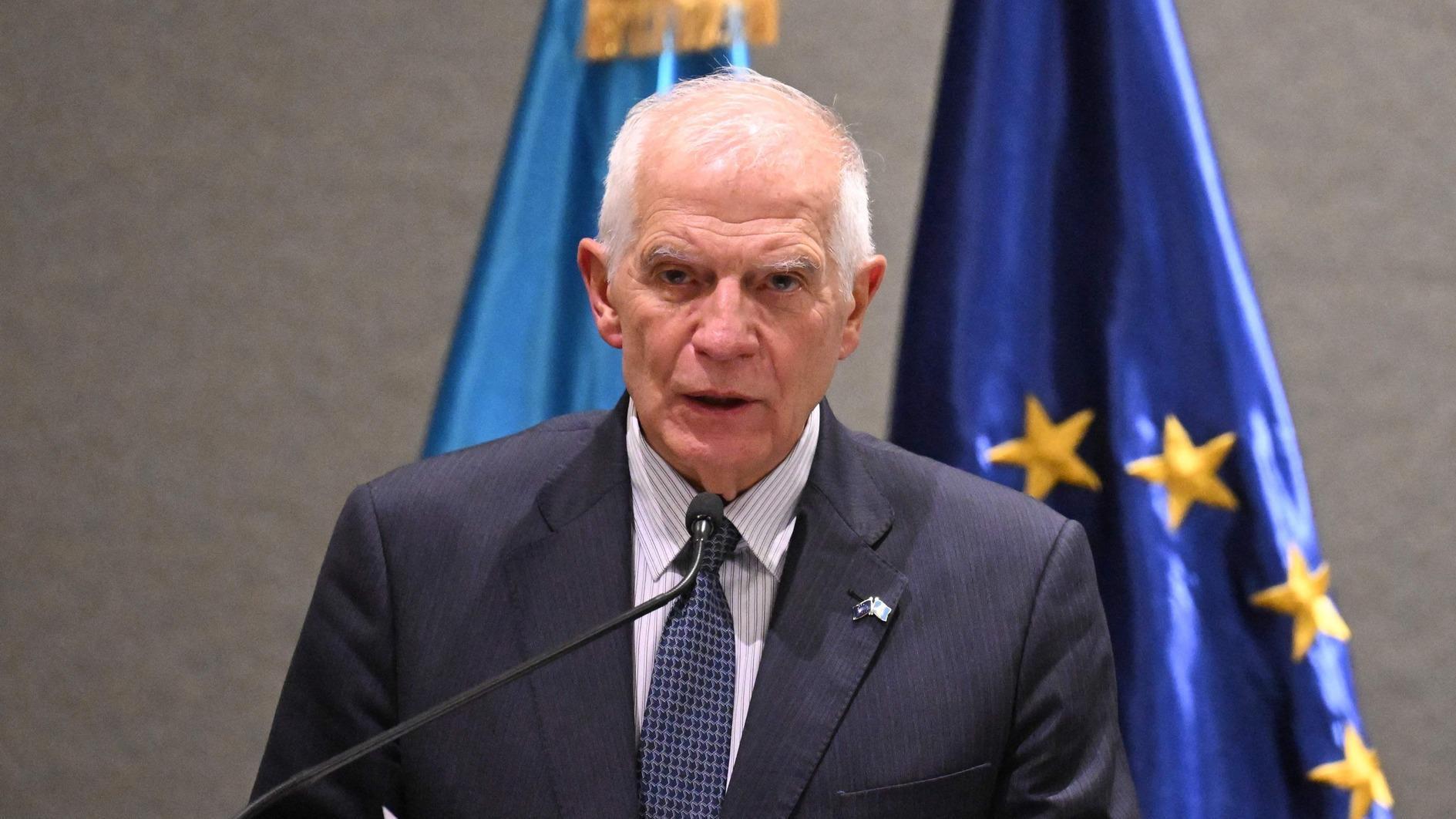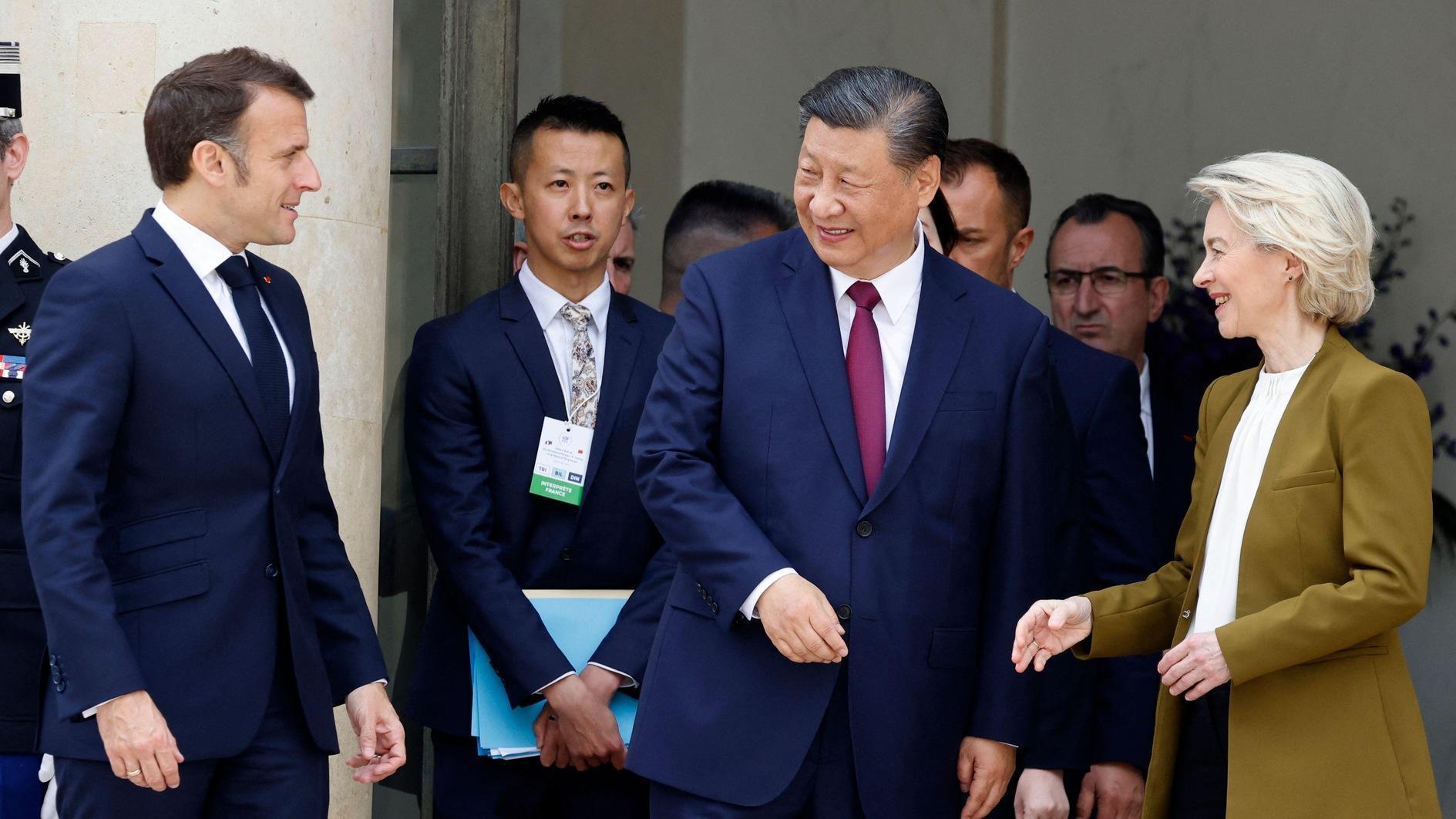Is ‘United Europe Project’ decomposing?
Everybody is aware that the final target of the Common Market when established in 1957 was to reach a political union through an economic cooperation among the member countries. There were many reasons for that desire such as to convert Europe from a historical battle ground to a land of peace and to create a third world power against the dominance of the United States and the Soviet Union, after the Second World War.
This desire was of course rational but may be unintentionally to take the United States as a model was illogical. Although most of the intellectual elite and prominent politicians reject it today, it is widely accepted that this was the intention of the fathers of the project and the impression created by every step taken from the beginning was that the final target was to establish a ”United States of Europe.”
Why this idea was illogical is not difficult to discuss. Historical facts, geostrategic positions, traditions, culture and human factors were so different from each other to create a similar political entity in Europe looked like the unproductive efforts of the alchemists to obtain gold from different materials.
In addition when the leaders of the union began in haste to accept new countries that have different structural problems as full members and again tried in haste to establish a monetary union among the old and the new members that had different monetary and fiscal policies, these attempts increased the differences between the EU and the U.S. Today as these two regions face different kinds of crises justifies that it is almost impossible to establish a political union in Europe when even economic unity is on the verge of collapse because of the contradicting national interests and different political agendas of the leaders.
During the recent crises, Europe’s inability became obvious to create a common understanding about the seriousness of the sovereign debt problem and to bring a sound solution to prevent the collapse of some national economies. Not only economic policies but also political ideologies and problems are so different from each other that even before the last crises harmonization of the several codes that must shape a common legal framework became impossible. And just in the middle of serious crises and may be on the eve of a new one, the leaders of Europe still seem to ignore the future of the union for the sake of their political future.
However the problem is that the European crisis is no longer a regional one. It is becoming a serious blow to the world economy as a whole. And it also is becoming step by step not only an economic problem but also a political as it involves the governments. In other words the European debt crisis points now to the political weakness of the eurozone. Some people now began to think that Greece became a scapegoat and its problem is only the tip of the iceberg, the larger part of which hides under the surface of an ocean of insensitiveness.
One last note: Leaders of Europe ask for stronger austerity measures from Greece. Naturally their collocutor is the Greek government but only the people will sacrifice more. It must be remembered that Greece is a democratic country and the government cannot impose easily any measure against the people’s will. Otherwise a “Greek Spring’’ becomes inevitable and before an expected economic default and unexpected political turmoil comes










